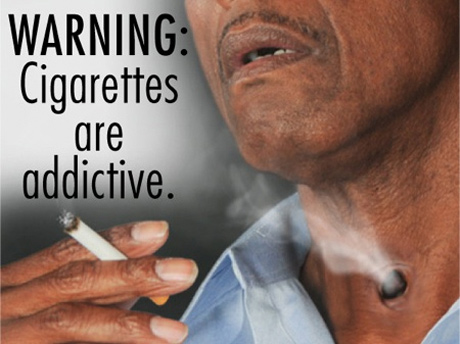After about a month observing healthcare from the inside, I’ve learned the list of the top 3 tricks to living a healthy life! Don’t smoke, don’t eat shitty, and don’t be a couch potato.
Okay, that was a bit flippant, but I enjoy starting posts with clickbait sentences.
For this past month, I’ve quite enjoyed working with primary care physicians (PCPs). In the world of healthcare, they’re the doctors that do so much of the groundwork, the ones who prevent the illnesses before they even happen. However, what’s ironic about health prevention–the realm of PCPs–is that it seems intangible and therefore is severely undervalued. When specialists place stents and do surgeries and stuff, patients witness their misery disappear thanks to whatever those doctors did. However, how do patients measure the misery they’ve been spared when they listen to their primary docs hassle them about not smoking, eating healthily, and exercising?
Don’t smoke. It’s common knowledge that smoking’s bad for you, but it’s, like, REALLY bad. In fact, spending the entirety of a couple 20-minute appointments to encourage a patient to quit is probably the most cost-efficient health intervention ever. If a PCP succeeds in getting two smokers to quit, he’s already statistically prevented one heart attack. A coronary stenting procedure costs about $13,000, not to mention the ambulance ride ($1,000), the hospital stay ($2,000ish), and the lifelong aspirin and hypertension therapy ($500 or more per year). That’s not to mention the $2,500 per year of cigarettes the patient saves. That’s also not to mention the benefits preventing lung cancer, COPD, and strokes. And a health check-up costs, what, like $150? At that rate, a PCP could spend several hundred 20-minute appointments on smoking cessation and it’d still be worth it.

Don’t eat shitty. Ah, this is the tough one for Americans. Not eating too many fatty fried foods and bacon would be good for heart disease, not eating too much to avoid obesity would be extra great because excess adipose tissue it contributes negatively to most things, but let’s just talk about diabetes. Something crazy like 12% of Americans have diabetes. Diabetes is now the leading cause of amputations, blindness, and kidney failure. I don’t know if anyone you know has to get around with one foot and one amputated stub, or struggles navigates in a world of darkness because they became blind at 65, or spends 4 hours every other day sitting in an a dialysis chair, but I can guarantee you that soda doesn’t taste as good as not dialysis. So don’t drink soda, don’t have too much fruit juice, don’t eat only rice and bread and tortillas.

Don’t be a couch potato. What’s amazing about exercise is that it takes a minuscule amount to have very tangible health benefits. Like, running hard for 5 minutes just 3 times a week, that’s enough. Having good cardiorespiratory fitness is extremely protective; that is, heart, lungs, and circulation that can withstand being pushed will keep you healthy if random illness strikes or when aging starts shifting your baseline. Also, although avoiding obesity boils down to avoiding excess calorie intake, moving from fat mass to muscle mass does wonders.
Of course, all my hypothetical patients would hate me and not listen if I ever said “don’t smoke, don’t eat shitty, don’t be a couch potato.” The primary role of a PCP is to build rapport with patients so they’ll seek your advice and listen to your counsel. The connection, the social savvy, the capacity to be trusted is what empowers a PCP to heal their patients. It also takes a lot of baseline medical knowledge (by golly there are a lot of diabetes meds), but school covers that.
Even just two years into medicine, I’m already frustrated how straightforward health interventions could be, hypothetically (i.e. naively and idealistically). Open heart surgeries and radical amputations make for fantastic last-line life-saving therapy the sickest patients, but why not just have fewer sickest patients? Words are more cost-efficient, less painful, and tend to spread fewer infections. Well-placed words reaching the right populations: that’d be quality healthcare.
—
Writing a blog as a second-year med student, I always have to add the disclaimer that you should not take medical advice from me and instead talk to your primary care physician. But still, “don’t smoke, don’t eat shitty, don’t be a couch potato.” Generally good ideas.